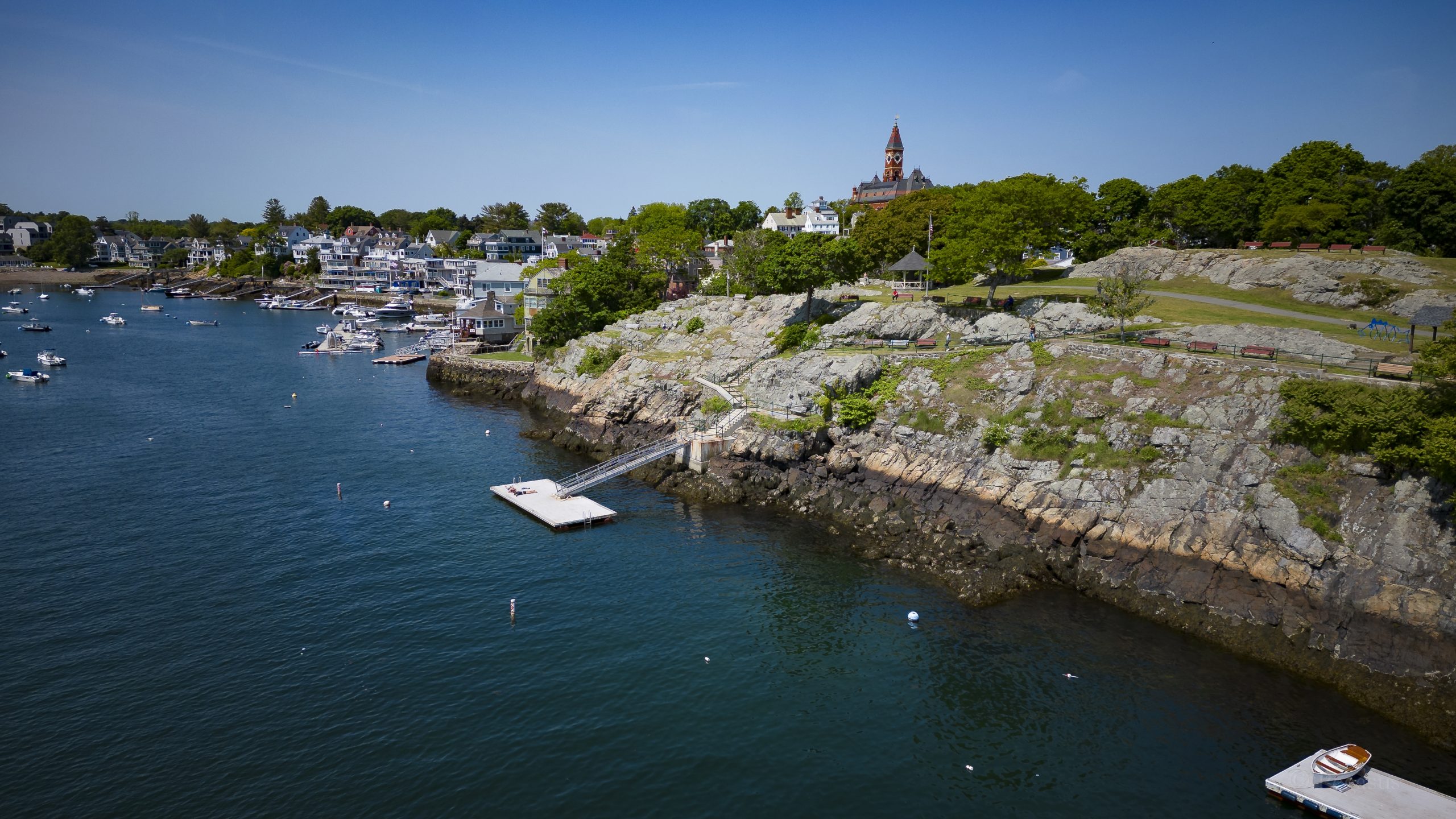Summer is a time we all look forward to with its longer days and warmer weather. But have you ever wondered when summer actually begins? It turns out that there are different ways to define the start of summer, and it’s not as simple as you might think.
Traditionally, people believed that summer begins on the summer solstice, around June 21st around these parts. This is the day when the sun is at its highest point in the sky, giving us the longest day of the year. However, this is more of an astronomical event and doesn’t necessarily match our everyday experience of summer.
Meteorologists have another way of defining summer. They divide the year into seasons based on temperature patterns. In most places, meteorological summer includes the months of June, July, and August—the time when we usually have the warmest temperatures. This way of looking at summer helps with weather forecasts and makes it easier to compare different regions but it is also a very boring way to view things.
Different cultures have their own ways of deciding when summer begins. Some countries link summer to holidays or events like Memorial Day or Midsomer’s Day. These cultural markers often match up with local climate patterns and the start of outdoor activities and celebrations.
In the end, the start of summer can be a personal thing. Some people consider their first beach trip, the blooming of certain flowers or the start of their summer break as signs that summer has arrived. It’s about what summer means to you and how you experience it.
Deciding when summer begins isn’t as simple as looking at a calendar. It depends on different factors like astronomy, weather, and cultural traditions. Ultimately, summer is a personal experience, and you get to decide when it starts for you. So, embrace the warmth, enjoy the longer days, and let your own definition of summer guide your adventures.

 Facebook
Facebook
 X
X
 Pinterest
Pinterest
 Copy Link
Copy Link


